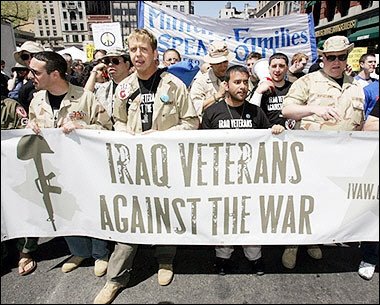For Heroines of the Sixties: Statutes, Not Statues
In
In These Times, Susan Douglas wrote a perceptive column about two prominent women of the 1960s who'd died earlier this year, Coretta Scott King and Betty Friedan. They both changed life dramatically for women, especially young women, of the early 21st century.
But though they were eulogized as heroes of perception (especially Friedan and "the feminine mystique"), Douglas points out another key to their achievements:
But in addition to the lessons in courage the Democrats might take from these women, they might note that both women fought for concrete, systematic policies and laws—to be enacted and enforced by, yes, state and federal governments—that dramatically reduced and, in some cases, ended inequality. Douglas reminds us of what life was like in the mid-1960s for women (gender-segregated help wanted ads in newspapers, few women doctors, lawyers or executives, no pregnancy leave, no sexual harrassment laws and lax rape enforcement; no sports for women or girls, etc. ) Women's issues were linked early on to Civil Rights legislation, and asserting independent rights for women was instrumental to improving the lives and prospects of women of color and their families.
Douglas is not just offering a history lesson, but advice to politicians today, especially Democrats:
"Like Friedan and King, they need to offer concrete proposals for progress before we regress to a time when nothing seemed possible."




